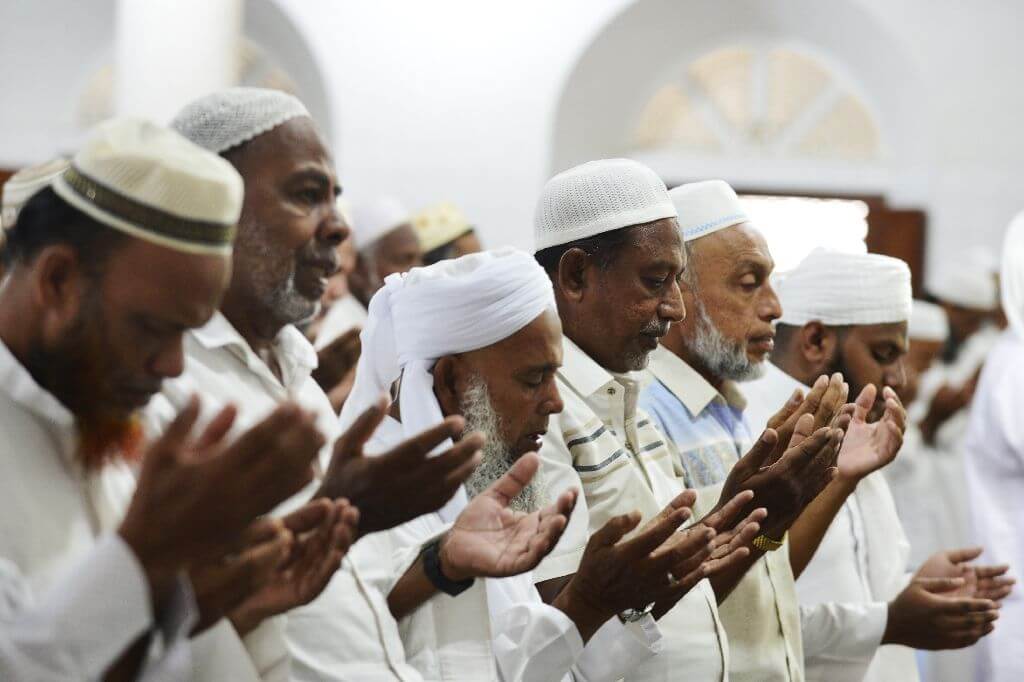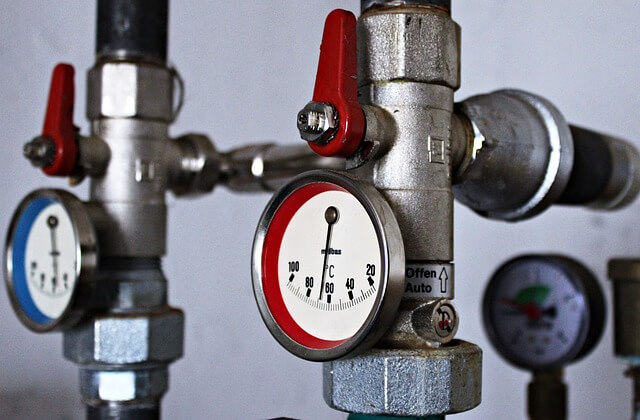Despite infections exceeding 2,6 million and over 178,000 deaths worldwide, the novel coronavirus shows no signs of slowing down.
Countries around the world have been compelled to close down public spaces and cancel all mass meetings through regulatory directives to ensure social distancing, the only feasible remedy for the novel coronavirus occurs in the absence of any cure.
As for Muslim countries, the coronavirus pandemic has also ravaged them and forced them to take strict precautionary measures.
All major Muslim countries, except for Pakistan, have unambiguously ordered their people to give their prayers at homes amid the pandemic.
With Ramadan just days ahead, the following countries imposed restrictions on congregational Ramadan gatherings and ordered their people to pray at home in the light of various Ahadees: Saudi Arabia, Malaysia, Egypt, Iraq, Kuwait, Morocco, Jordan, Qatar, Even the Jerusalem Islamic Waqf Council decided to suspend congregational Ramadan prayers in the Al-Aqsa Mosque.
In Saudi Arabia, ‘Taraweeh’ in Masjid-i-Haram and Masjid e Nabvi will be held without public attendance and have been reduced to 10 rakats.
The new rules for Taraweeh prayers were announced on Facebook by Sheikh Abdul Rahman Al-Sudais on Tuesday.
Ramadhan 1441 Update: Announced By Sheikh Abdul Rahman As Sudais
Posted by Haramain on Monday, April 20, 2020
The post that was shared on the official Facebook page of Haramain.info
Moreover, Al Riyadh newspaper quoted Dr. Abdul Latif Al-Sheikh, Saudi Minister of Islamic Affairs, saying, “The suspension of performing the five daily prayers at mosques is more important than the suspension of Taraweeh prayers.”
He further added,
“We ask Allah the Almighty to accept Taraweeh prayers whether held at mosques, or homes, which we think is better for people’s health. We ask Allah the Almighty to accept prayers from all of us and protect humanity from this epidemic that hit the entire world.”
Pakistan’s Shocking Measures for COVID-19 in Ramzan
Pakistan, on the other hand, with its particular interpretation of Islam, has opted to keep the mosques open to congregational prayers on Friday, Taraweeh, and Eid, despite the growing regular count of Coronavirus cases.
Although the government, after deliberating with senior clerics of all denominations, has imposed certain conditions during congregational Ramadan prayers to implement social distancing measures, the real impact of this decision could only be gaged after Ramadan. Implementation of these steps in rural areas, particularly during the holy month and with limited resources, is also near impossible.
Leading clerics like Tariq Jameel and Qibla Ayaz have explained in depth what the Muslims would do in the light of Sunna in times like these.
Unfortunately, the majority of clerics played down the lethal viral threat, and many incidents of public lockout rebellion pressured the government to adhere to their demands.
Pakistan Medical Association – PMA Requests Immediate Countrywide Lockdown
Pakistan Medical Association (PMA) doctors have urgently requested the government in a press conference to implement a countrywide lockdown with immediate effect.
Addressing the emergency briefing, Dr. Saad Niaz, a gastroenterologist at the Dow University of Health Sciences, said that it was important to remember the outbreak is foremost a health issue.
“This is a medical problem which [of course] has its resulting economic and social effects. But we need to understand that this is nonetheless primarily a medical issue.”
In the press conference, the doctors highlighted that the medical front liners are under extreme pressure and there are no more beds and other resources available to cater to the growing numbers.
Read More: PMA Doctors Request Complete Lockdown To Prevent Critical Peak In COVID-19 Cases (BrandSynario, External Link)
Oh Well!
Pakistan has always been a vocal supporter of peace with Muslims. Sadly, at a time when unity is most needed, it has chosen to behave in opposition to the Muslim world. Experts and doctors have urged the government to rethink the congregational prayer allowance, as this may be the decision to make or break in the war against COVID-19 in Pakistan.
Let us know what do you think is the right thing to do? Put your thoughts in the comments section below.
























Leave a Reply